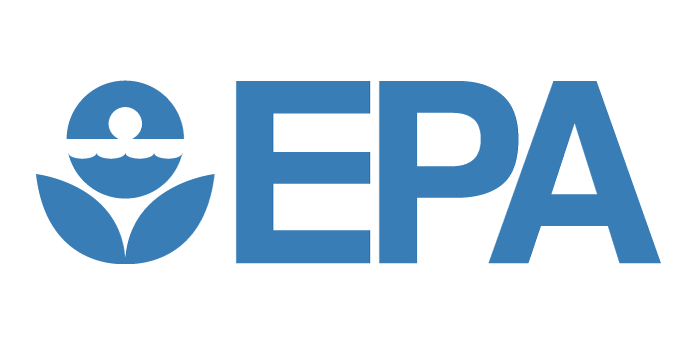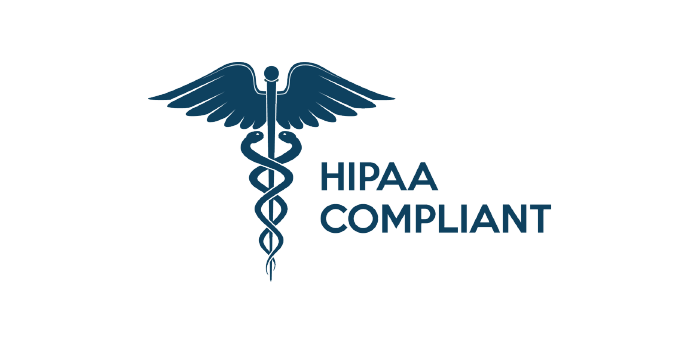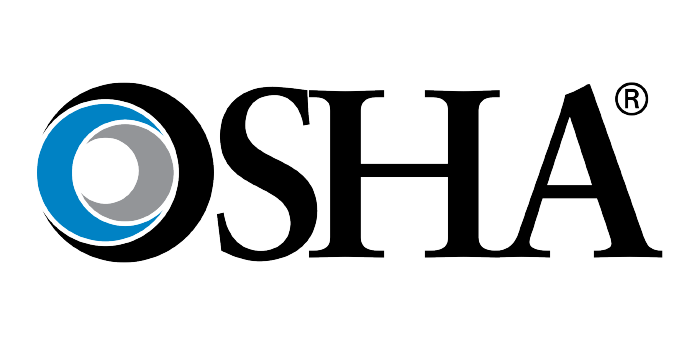Types of Medical Waste Generated by Dentists:
- Sharps Waste: Needles, syringes, and contaminated instruments.
- Biohazardous Waste: Blood-soaked gauze, PPE, or other materials contaminated with bodily fluids.
- Amalgam Waste: Special requirements apply for mercury-containing amalgam (must not be treated as biohazardous waste).
- Pharmaceutical Waste: Expired anesthetics or other medications used during procedures.
Pickup Schedule:
- Small Quantity Generators (SQG):Dentists producing less than 200 pounds of medical waste per month can schedule pickups less frequently, such as monthly or quarterly.
- Large Quantity Generators (LQG):Dentists producing more than 200 pounds per month require more frequent pickups, typically weekly or bi-weekly.
On-Site Management Options:
- Sharps Containers: Sharps must be placed in approved containers and disposed of by a licensed medical waste hauler or through a local sharps disposal program.
- Amalgam Kits: Dentists must use amalgam separators to capture mercury-containing waste, which should be handled by specialized recyclers.
Recordkeeping:
- Maintain tracking documents for all waste removed by a licensed hauler.
- Retain records for 3 years for inspection by regulatory agencies.
Local Regulations:
- Dentists should check with their county environmental health department for additional disposal rules or stricter local timelines.
Licensed Haulers:
- Disposal must be conducted through a licensed medical waste hauler.
- Self-hauling is allowed under specific circumstances but requires a Limited Quantity Hauling Exemption (LQHE) permit.




